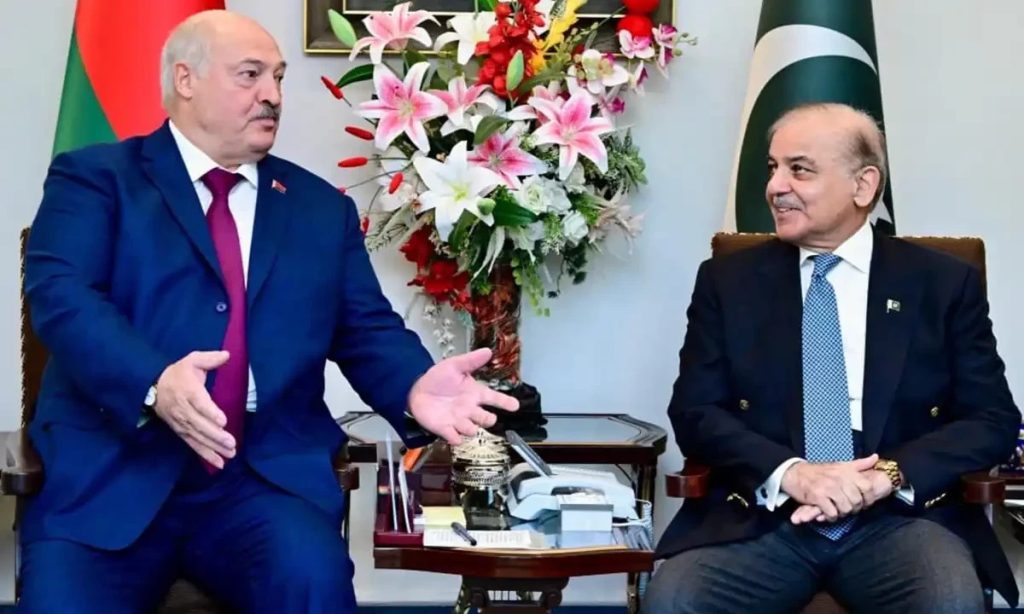Pakistan and Belarus have a long-standing relationship that dates back to 1991, when Pakistan was one of the first countries to recognize Belarus after the dissolution of the Soviet Union. This year marks the 30th anniversary of diplomatic ties between the two nations, and the two countries are now looking forward to a new phase of economic cooperation.
In recent discussions, both countries have agreed to further strengthen bilateral relations and enhance trade and economic cooperation. They plan to formalize their agreements by February 2025, providing a solid foundation for future collaborations.
Key priorities for the two nations include expanding trade and economic cooperation, promoting regional economic integration and connectivity, and enhancing the legal framework to facilitate smoother bilateral cooperation.
As part of their continued efforts to deepen ties, Pakistan and Belarus have signed 15 major agreements and memorandums of understanding. A standout agreement is the “Comprehensive Cooperation Roadmap for 2025-2027,” which outlines a strategic framework to solidify economic relations through high-level meetings, intergovernmental commissions, and specific partnerships.
The scope of cooperation includes various sectors, such as e-commerce, science and technology, accreditation, financial information exchange concerning money laundering and terrorism financing, bilateral trade customs data exchange, international road transport, climate change, disaster response, skilled education, healthcare, halal trade, pharmaceutical cooperation, and the extradition of criminals.
One of the most promising areas of collaboration is agriculture. Belarus, known for its advanced agricultural machinery, and Pakistan, with its agriculture-based economy, have agreed to launch joint ventures focused on agricultural and industrial projects, particularly in the manufacturing of modern and large-scale agricultural machinery.
The two countries are also set to collaborate in the automotive industry, with agreements to expand vehicle sales, production, and servicing. Belarusian agricultural machinery will also have a wider sales and service network in Pakistan, enhancing bilateral trade opportunities.
A notable step towards improving logistics cooperation was the signing of a memorandum of understanding (MoU) between Pakistan’s National Logistics Corporation (NLC) and Belarus’s Beltamozha Service. This partnership aims to improve sea and land routes, further enhancing trade and connectivity between the two nations.
Furthermore, the launch of educational programs focused on agricultural machinery manufacturing has been welcomed, and two agreements in the science and technology sectors have been signed to promote bilateral innovation and development.
Both nations have also highlighted the importance of increasing trade in health-related products, medical devices, and pharmaceuticals, with the goal of expanding bilateral commerce in these vital sectors.
In conclusion, Pakistan and Belarus are taking significant steps to strengthen their economic ties, with a focus on expanding trade, enhancing cooperation in key sectors, and improving logistics and market access. This partnership promises to open new doors for growth and development, benefiting both nations for years to come.


